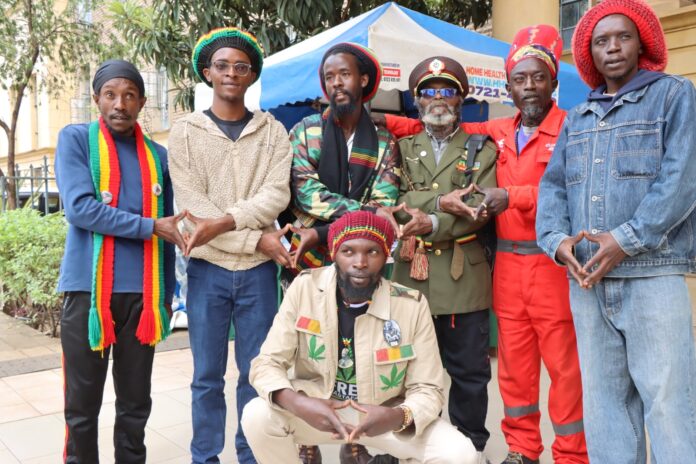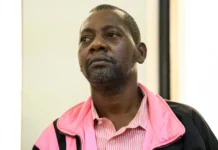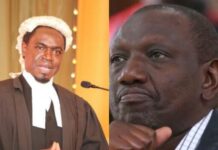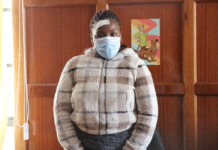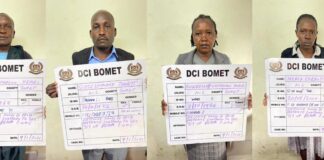By Andrew Kariuki
The Rastafari Society of Kenya has revived its legal battle to have cannabis decriminalised for religious use, accusing the Attorney General of ignoring a constitutional petition that has remained unanswered since May 2021.
The case, filed as Constitutional Petition No. E175 of 2021, challenges several sections of the Narcotic Drugs and Psychotropic Substances (Control) Act, arguing that the prohibition of marijuana violates the rights of Rastafari adherents who regard cannabis as a sacred sacrament central to their faith.
The society is represented by lawyers Danstan Omari, Shadrack Wambui and the legal aid organisation Sheria Mtaani, acting on behalf of the Rastafari community and its spokesperson, Mwenda Wambua (Ras Prophet).
The petition seeks a declaration that sections of the Narcotics Act are unconstitutional and asks the court to either legalise cannabis or grant a specific religious exemption for spiritual and private use by Rastafari followers.
According to the petitioners, cannabis is essential for worship, meditation and religious ceremonies.
They argue that criminalisation violates their constitutional rights to freedom of religion, equality, dignity, privacy, cultural expression and protection as a marginalised group; citing Articles 27, 28, 31, 32, 36 and 56(d) of the Constitution.
Two expert witnesses have provided extensive testimony supporting the petition.
Jacob Ogundo, a Rastafari Priest of over two decades, told the court that ganja is equivalent to a sacrament, describing it as indispensable in rituals, Nyabinghi ceremonies and spiritual gatherings.
He said prohibition forces adherents into clandestine worship and exposes them to arrest, creating what he termed “a modern continuation of colonial persecution.”
Herbalist Ruben Nyangolo Abasa also defended the use of ganja as a traditional African medicine used for generations in healing practices.
He argued that criminalisation contradicts Article 11 of the Constitution, which recognises and protects indigenous knowledge and cultural heritage.
The petition further relies on international human rights instruments, including the ICCPR, UDHR, and the African Charter on Human and Peoples’ Rights, all of which protect freedom of religion and cultural expression.
But the Attorney General and the Kenya Law Reform Commission, listed as first and second respondents, oppose the petition.
They insist that the Narcotics Act is presumed constitutional and that the state has a duty to protect public health from the dangers associated with drug abuse. They argue that Rastafari applicants have not shown how specific provisions directly infringe their rights.
The respondents also maintain that regulating narcotics is necessary to safeguard public welfare and that any religious claim must be balanced against the broader interests of society.
The petitioners, however, accuse the AG of neglecting the case for four years, forcing them to seek judicial intervention compelling the state to respond.
Lawyer Omari stated that he intends to sue the AG for failing to act on the petition as required by law.
The matter is pending before the Constitutional and Human Rights Division at the Milimani Law Courts, where the petitioners are requesting an expedited hearing.
If successful, the case could set a historic precedent on religious freedom, cultural rights and Kenya’s stance on cannabis regulation.
The matter will proceed on January 14 and 15, 2026.









